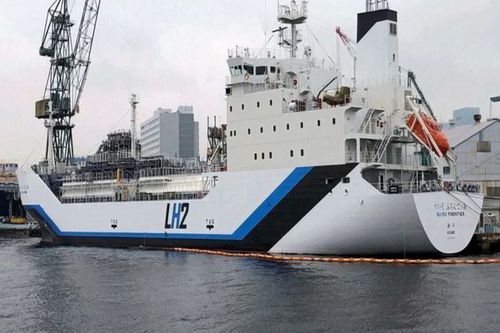In the incentives-fueled rush to find the most efficient clean fuel of the future, ambitious projects are bound to be canceled, as developers navigate market requirements and innovations.
The 28 canceled or suspended projects collected by the ReSource database offer a snapshot of when, how, and why companies decide to pull the brake on what are often multi-billion dollar investments.
After a handful of major CCS projects got canceled over a decade ago, when carbon capture was expensive and experienced mixed results, projects are again getting canceled in various sectors and for various reasons.
Market uncertainties, especially tied to the lack of guidelines surrounding Inflation Reduction Act tax credits, permitting delays that inflate costs, and staunch opposition from local communities are often cited as the reasons why developers decide not to move forward.
A notable cancellation is Navigator CO2 Ventures’ Heartland Greenway Carbon Capture, Utilization, and Storage project due to an “unpredictable regulatory environment,” which triggered Infinium’s Midwest eFuel project cancellation. Infinium had entered into an MoU with Navigator to receive 600,000 tons per annum of biogenic CO2 from the pipeline.
Green Hydrogen International, known for touting plans for massive projects up to 60GW in size, quietly removed a 43 billion kg/year green ammonia project in Canada from its website sometime around November 2023.
Most recently, Fulcrum Bioenergy reportedly laid off the majority of its staff due to financial difficulties. Its three U.S. biofuel projects are now considered canceled.
Following is a data snapshot of the projects that never were, and below is a full list of canceled projects.







